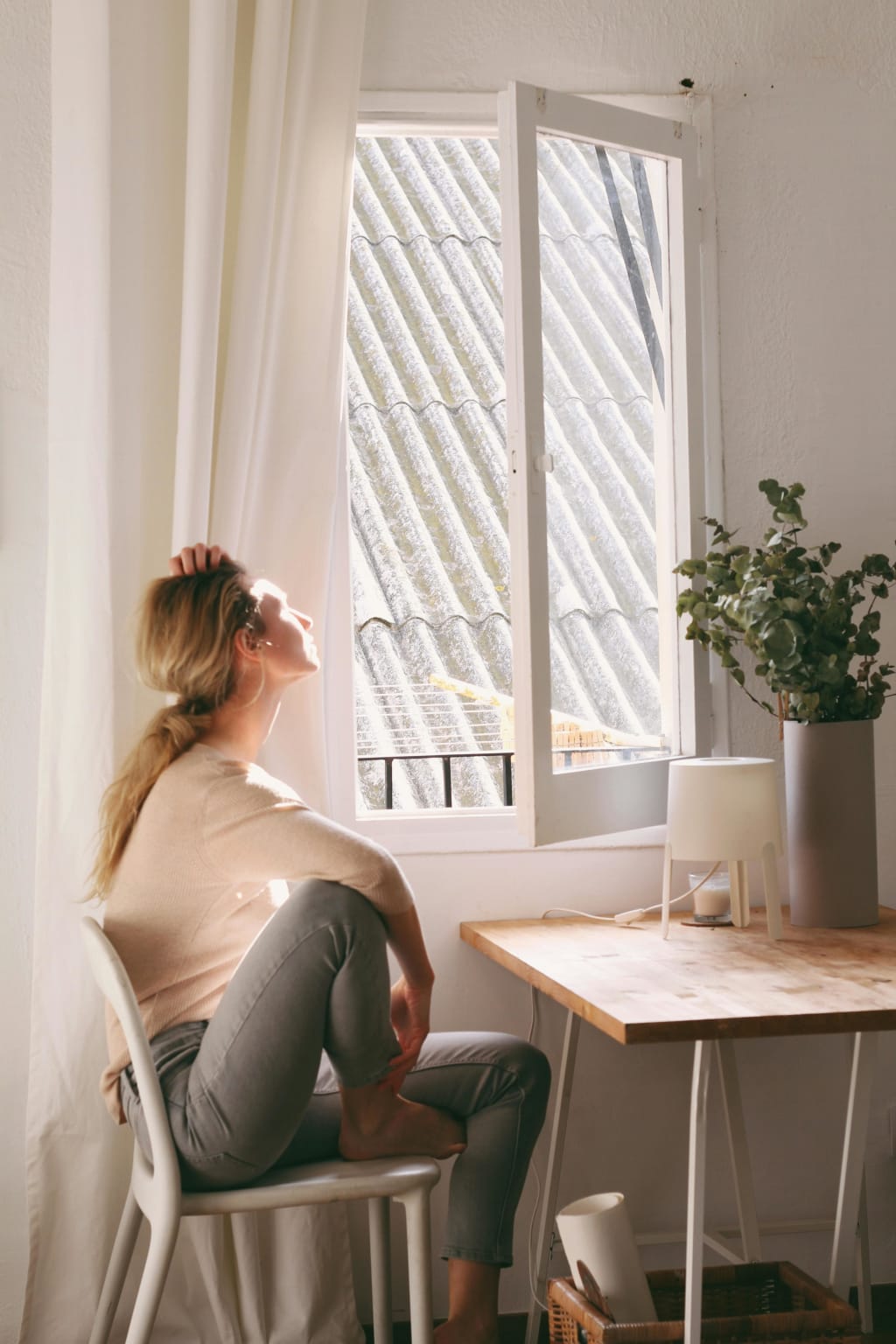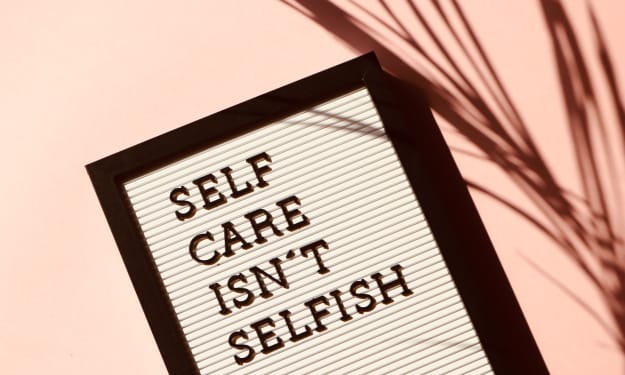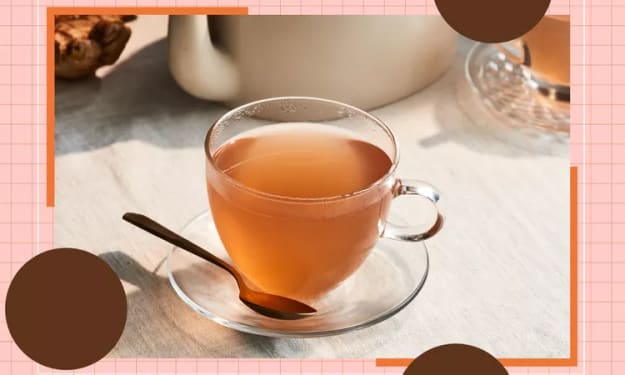Simplicity Over Minimalism
Term Shift and Introspection Time

Terminology is important. Words take on meaning and people perceive them differently. I want you to take a moment and think about everything that your mind associates with the word minimalism. Do you think of having one fork, spoon, and one knife in your kitchen drawer? Do you think of deprivation or lacking? Does it cause you to feel guilt about having too much of something? Does it make you wonder if you have hoarding tendencies? Does the concept of minimalism scare you? Is it overwhelming? Maybe this term makes you think of Marie Condo's 2019 Netflix series on how to tidy up. Or, maybe you have listened to some podcasts or read some articles from the Emmy-nominated Netflix stars and New York Times–bestselling authors Joshua Fields Millburn and Ryan Nicodemus who call themselves The Minimalists. Let your thoughts and feelings about the word minimalism settle in for a moment.
Now I want you to take a moment to think about the word simplicity. When you think of simplicity does it make you think of peaceful surroundings and low stressful situations? It's it make you think of freedom and being uninhibited? Does it make you think of anxiety dissipating? Maybe the word simplicity makes you think of the lifestyle of Amish communities. Or, maybe you feel like if you were to live a more simple life that you'd be missing out in a way. Now let your thoughts and feelings about the word simplicity settle in for a moment.
The purpose of this piece is to really navigate the heart of minimalism and simplicity in life. The first thing that I want to focus on is that the term minimalism actually seems to strike fear or resistance in a lot of people's minds and hearts from what I've observed. The reason that I think that the term minimalism does this is because it automatically implies to people that they will have to give something up or go without something that they like. In reality, the goal of minimalism is to have less, so that you can capitalize on the things and experiences that you love most! In other words minimalism could look very different for each person.
I prefer using the term simplicity as I feel that it has more positive connotations to it as opposed to the term minimalism. When I think of the term simplicity I think of clean, fresh surroundings and low maintenance. Have you ever looked around your house and felt like the clutter around you controlled you, or made you feel emotionally exhausted? I know I have. It's especially difficult if you have kids who are given toys constantly from well-meaning family members and friends. Seeking simplicity to me means figuring out what you value most in life. What do you actually need? What do you enjoy the most? I would encourage you to take some time soon to look around at each room in your house. Do you like each room in your house? With a notebook, maybe write down some thoughts about how you feel in each room. Which room in your house do you spend the most time in? What objects or decorations in each room bring you joy? What things in your house make you feel more negatively? Is it time to get rid of some of those things?
For example, for me, things that will always bring me joy and positive memories are musical instruments, books, and candles. My living room has a piano, three to four violins depending on the day, and a cello in it. There is a freshly painted bookshelf with my books on it. I typically have at least one candle ready to be lit and enjoyed. I don't have many movies, I may own a total of five. If I had a lot them, it would be something that I don't really want to store and it would become like clutter to me. Now, for many other people maybe having a lot of movies brings them joy. Or, a lot of people these days are collecting records, which is neat.
In conclusion, I propose we shift toward using the term simplicity, or simple living instead of minimalism. If we use positive terms, I think they help lead to higher positive results. The driving force of simplicity is self-exploration. Simple living is the establishment of what things bring you peace and what things don't. Getting rid of things that cause negative thought patterns, leads to freedom for your soul (mind, will, emotions). When we're free, it gives us a world of possibilities and time for more creative adventures. The way I think about it is, the less material possessions I have to manage, the more time I have to invest in time with people! My biggest treasure lives in the hearts of those around me. What about you?
About the Creator
Rowan Finley
Father. Academic Advisor. Musician. Writer. Aspiring licensed mental health counselor. My real name is Jesse Balogh.






Comments (3)
more power to you ❤
Yes, a testimony of simplicity allows us to focus on what is truly important in our lives. Thank you for writing this and giving me some fresh perspective
Beautifully said. I agree that we can move away from isms, because they’re all about labeling. To me, minimalism sounds clinical and sterile Where is simplicity evokes memories of simple things and simple joys and the time when things were just easy because they were simple.